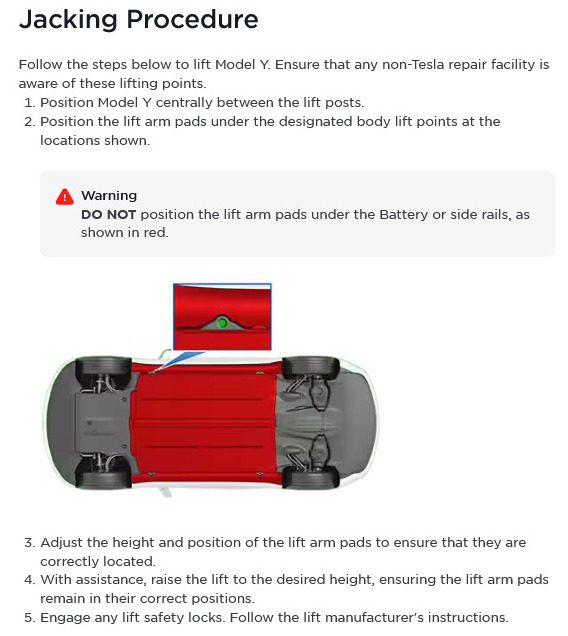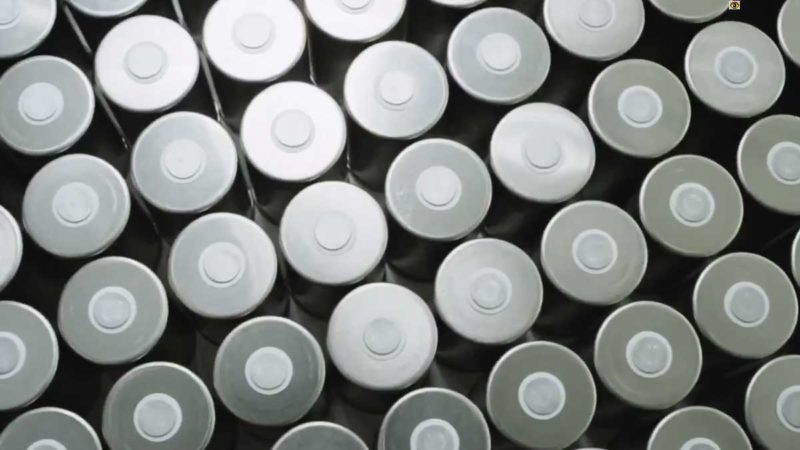Tesla has added a mention of the structural battery pack to the latest Model Y and Model 3 online manuals, as it steps closer to what could become another fundamental change in the way all automakers make cars.
Not content with driving a shift from burning fossil fuels in combustion engines to using electrons to power cars, Tesla is also making changes to the way car bodies are put together as part of a plan to reduce complexity, weight and cost, making EVs more affordable while maintaining profits.
Tesla boss Elon Musk announced a plan to use battery packs as a structural element of the bottom of the car at the EV maker’s Battery Day in 2020.
Having already introduced a method for casting whole front and rear pieces for the Model Y, the structural battery pack will join the front and the rear pieces together while also encasing the battery cells.
It is understood that this method will first be implemented in the Model Y made in Germany at Tesla’s upcoming Berlin gigafactory.
The addition of the structural battery pack in the owner’s manual, however, has been added in a section that indicates how and where to jack up the Model 3 and Model Y. It is available in the German and US version of the manual, as well as the Australia version – even though it is not available for order here yet.
Since the Model Y that will (eventually, but hopefully before the end of 2022) be sold in Australia will come from Shanghai, it is reasonable to assume that Tesla is also making preparations to make the Model 3 and Model Y sooner than later using the same method in China.
The owner’s manual underlines the importance of lifting a Tesla car with a structural battery pack in designated spots, as shown below:

On Twitter in 2020, Musk said of the structural battery pack: “Battery pack will be a bonded structure with cells providing shear transfer between steel upper & lower face sheets, eliminating most of the center body parts while providing better torsional rigidity & improved polar moment or inertia. This is a *major* breakthrough.”
Battery pack will be a bonded structure with cells providing shear transfer between steel upper & lower face sheets, eliminating most of the center body parts while providing better torsional rigidity & improved polar moment or inertia. This is a *major* breakthrough.
— Elon Musk (@elonmusk) October 7, 2020
Key to producing electric cars with structural packs is Tesla’s plan to make 4680 format batteries with tables electrodes and a number of other innovations that combined, it says will reduce battery manufacturing costs by a substantial 56 per cent, and deliver an increase in driving range of 54 per cent.

Bridie Schmidt is associate editor for The Driven, sister site of Renew Economy. She has been writing about electric vehicles since 2018, and has a keen interest in the role that zero-emissions transport has to play in sustainability. She has participated in podcasts such as Download This Show with Marc Fennell and Shirtloads of Science with Karl Kruszelnicki and is co-organiser of the Northern Rivers Electric Vehicle Forum. Bridie also owns a Tesla Model Y and has it available for hire on evee.com.au.

